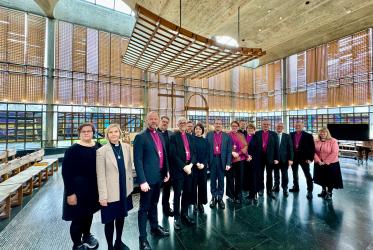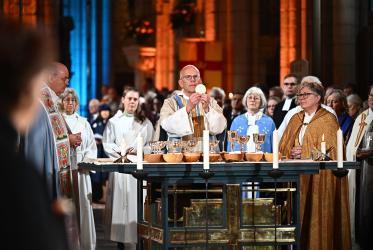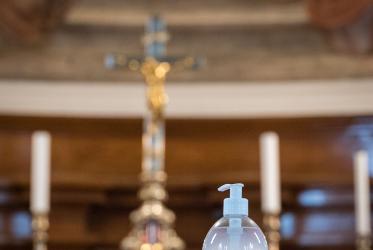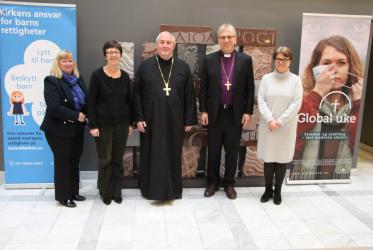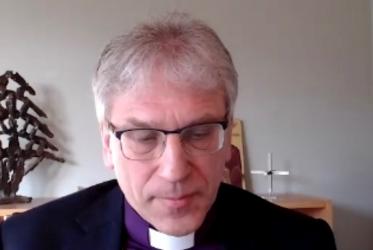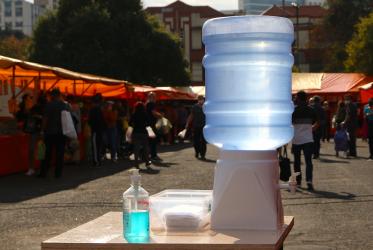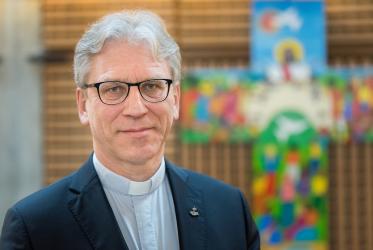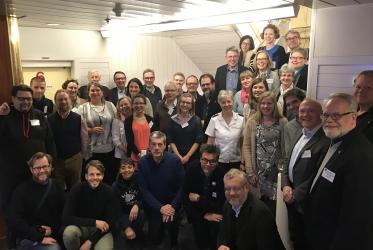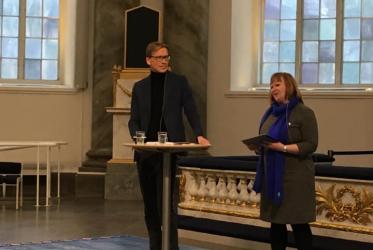Displaying 1 - 20 of 58
Uppsala 1968: The times, they were a’changing
06 September 2022
WCC honored with Bridge Builder Award 2021
02 July 2021
Driven by God’s grace and a sense of duty
05 November 2020
A visionary missionary heads home
25 March 2020
WCC President Wejryd: ‘Water, in many ways, represents God’
27 September 2019
Role of religion being questioned in public event in Norway
14 August 2019
WCC pays tribute to ecumenist pioneer
08 May 2019
Ecumenism is a sense of belonging
08 February 2019
